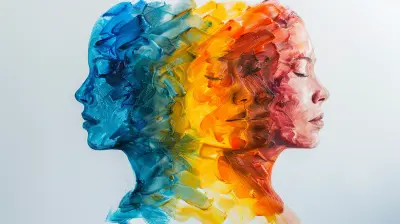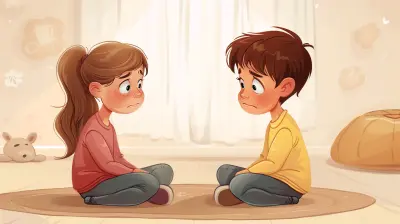The Healing Power of Vulnerability in Emotional Growth
19 August 2025
Vulnerability. Just the word itself can make some of us feel uneasy. It’s like standing in front of a crowd, heart racing, with nothing to hide behind. But guess what? That very feeling—raw, exposed, and a little terrifying—is also the key to deep emotional growth and healing.
Most of us have been conditioned to see vulnerability as a weakness. “Don’t cry,” “Stay strong,” “Don’t show your emotions”—these are the messages we’ve absorbed over time. But what if I told you that vulnerability is actually one of the most powerful tools for personal transformation? Not only does it open the door to deeper connections, but it also plays a crucial role in mental and emotional well-being.
Let’s dive into why embracing vulnerability is one of the best things you can do for yourself.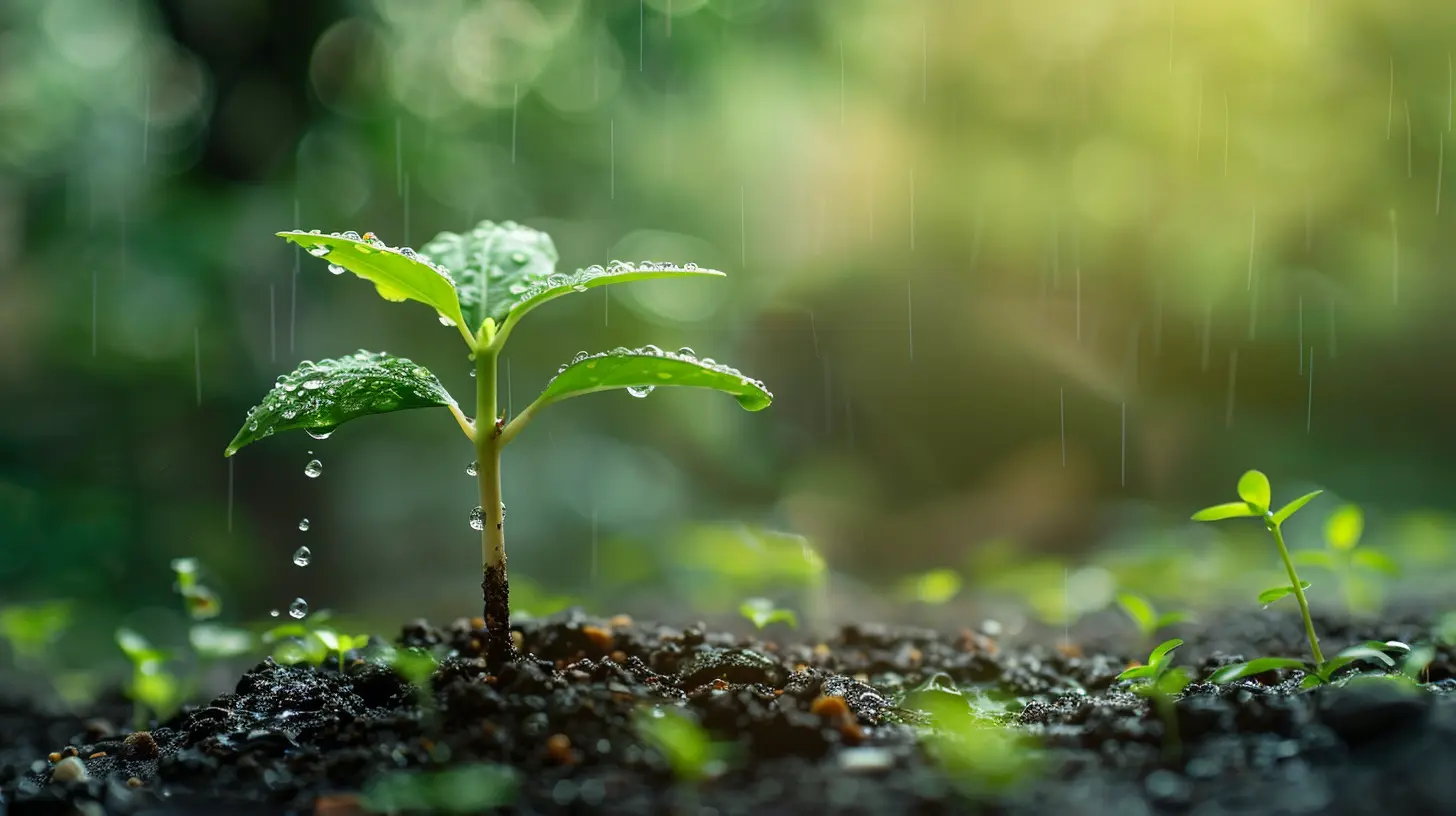
What Is Vulnerability, Really?
Vulnerability is often misunderstood. It’s not just about sharing your deepest secrets or wearing your heart on your sleeve. At its core, vulnerability is the courage to show up as your true self, without the fear of judgment or rejection.Think about it—when was the last time you admitted you were struggling? Or told someone how you really felt without sugarcoating it? That’s vulnerability in action.
It’s about being emotionally available, speaking your truth, and allowing yourself to be seen—flaws, fears, and all. And while it may feel uncomfortable at times, it’s a crucial ingredient for emotional healing and personal growth.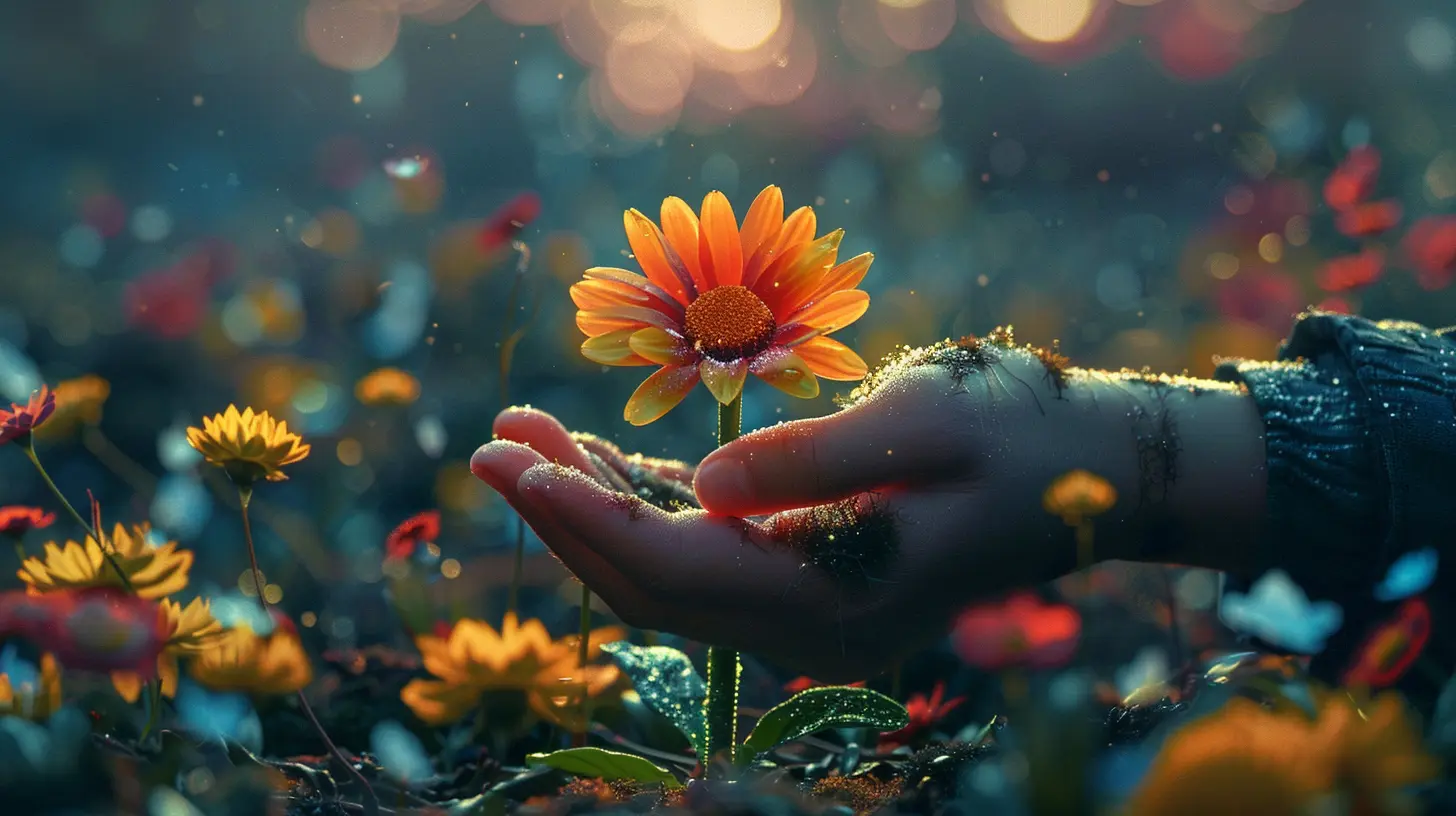
Why We Fear Vulnerability
If vulnerability is so powerful, why do most of us avoid it like the plague? The answer is simple: fear.- Fear of rejection – What if I open up and they leave?
- Fear of judgment – What if they think I’m weak?
- Fear of getting hurt – What if I let my guard down and someone takes advantage of me?
These fears are valid, but they also keep us stuck. When we avoid vulnerability, we put up emotional walls, shutting out potential love, support, and genuine connection. In protecting ourselves from pain, we also block ourselves from growth.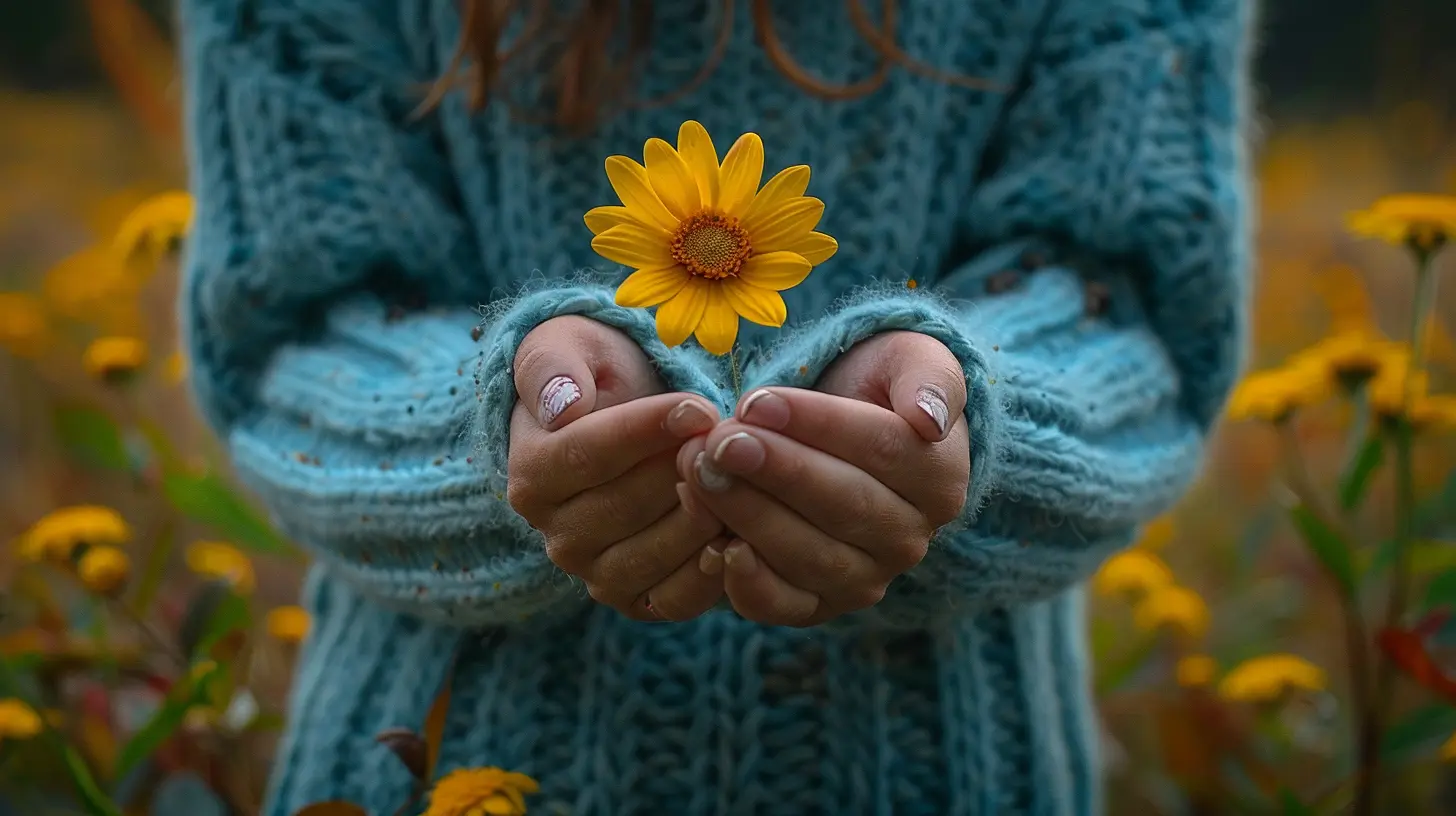
The Connection Between Vulnerability and Emotional Growth
Embracing vulnerability isn’t just about deepening relationships—it also accelerates our personal growth. Here’s how:1. It Builds Authentic Connections
Have you ever met someone who was unapologetically themselves? There’s something magnetic about people who are real, open, and unafraid to be vulnerable. When we allow ourselves to be seen, we invite others to do the same. This creates stronger, more meaningful relationships.2. It Encourages Self-Acceptance
When you stop pretending to have it all together, something magical happens—you begin to accept yourself, flaws and all. Vulnerability forces us to confront our insecurities, making room for self-compassion and healing.3. It Strengthens Emotional Resilience
Contrary to popular belief, vulnerability doesn’t make you weak—it makes you stronger. Facing uncomfortable emotions head-on teaches you how to navigate life’s ups and downs with greater emotional intelligence.4. It Enhances Mental Health
Bottling up emotions can lead to anxiety, stress, and even depression. Expressing your feelings—whether through words, art, or therapy—is a form of emotional detox. Vulnerability acts as a release valve, preventing emotional buildup from overwhelming you.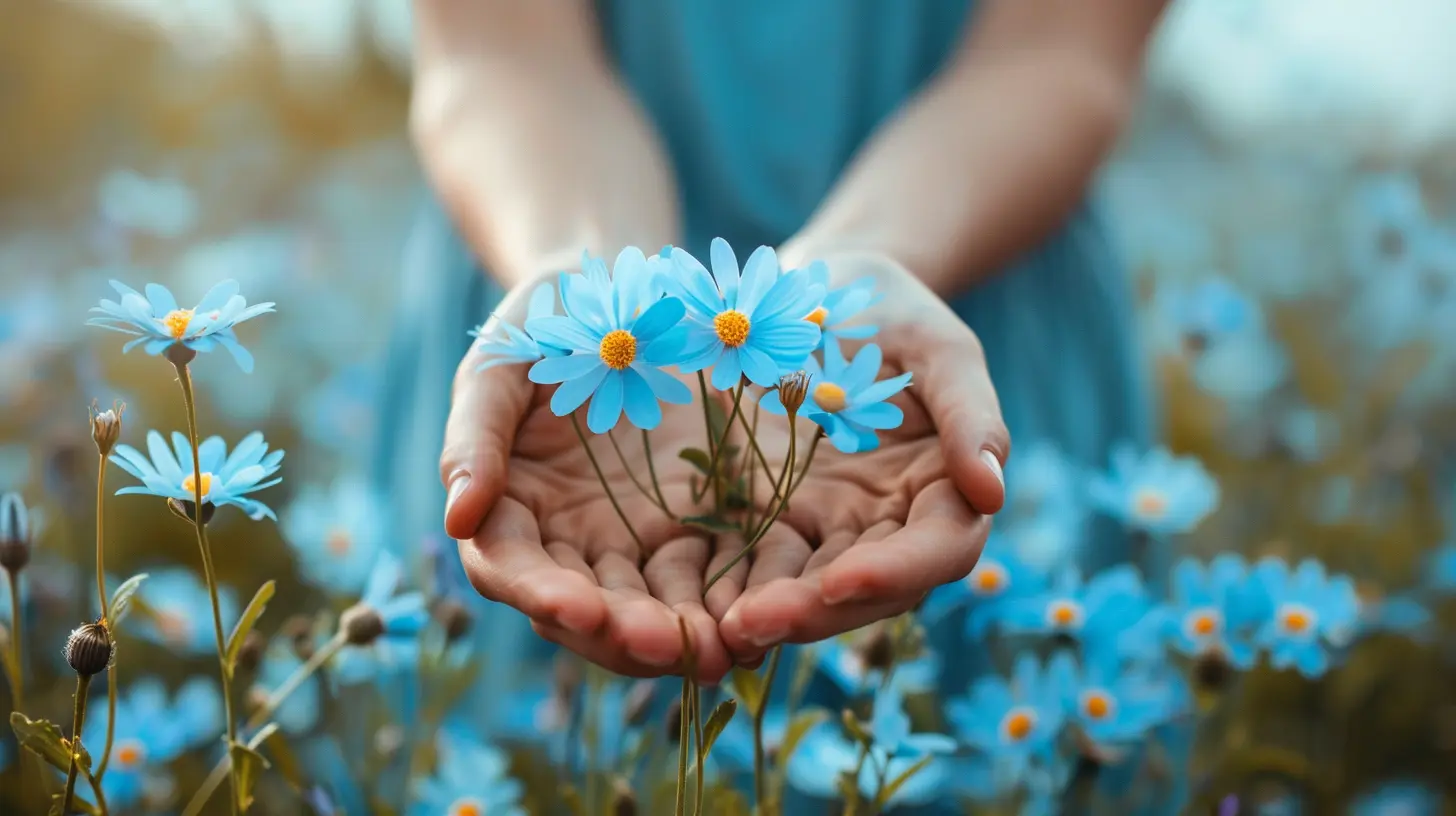
How to Embrace Vulnerability in Daily Life
Knowing that vulnerability is powerful is one thing, but actually practicing it? That’s where the real challenge lies. Here are some ways to start:1. Start Small
You don’t have to spill your life story to a stranger. Begin with baby steps. Share a small fear with a trusted friend. Admit when you don’t have all the answers. Little by little, you’ll build your vulnerability muscle.2. Challenge the “Strong” Mentality
Strength isn’t about never showing emotion—it’s about having the courage to express it. Redefine what strength means to you. True strength lies in authenticity, not emotional suppression.3. Allow Yourself to Feel
Many people numb themselves to avoid vulnerability. They distract themselves with work, social media, or even unhealthy habits. Sit with your emotions. Acknowledge your fears, sadness, or insecurities instead of running from them.4. Surround Yourself with Emotionally Safe People
Not everyone deserves access to your vulnerability. Choose to share with people who respect and support you. A strong support system makes opening up feel safer.5. Practice Self-Compassion
Being vulnerable means you might get hurt sometimes. And that’s okay. Be kind to yourself when things don’t go as planned. Every experience—good or bad—teaches you something valuable about yourself.The Role of Vulnerability in Healing Trauma
For those who’ve been through emotional wounds or past traumas, vulnerability can feel even more daunting. Many people who’ve experienced deep hurt develop thick emotional armor to protect themselves.But healing requires openness.
Therapists often emphasize the importance of vulnerability in therapy—it’s what allows us to process pain, let go of shame, and rebuild trust. Whether it’s speaking about past trauma, acknowledging bottled-up emotions, or asking for help, vulnerability is the bridge between suffering and healing.
Brené Brown, a research professor famous for her work on vulnerability, says it best: “Vulnerability is the birthplace of love, belonging, joy, courage, empathy, and creativity.” In other words, everything beautiful in life stems from our willingness to let down our guards.
Common Myths About Vulnerability—Debunked
Let’s bust some myths while we're at it.1. “Vulnerability Is Weakness”
Nope. It takes far more strength to open up than to shut down.2. “If I’m Vulnerable, I’ll Get Hurt”
Maybe. But avoiding vulnerability doesn’t guarantee emotional safety—it just guarantees isolation.3. “People Will Judge Me If I’m Too Open”
The right people won’t. The wrong people might—but they weren’t your people anyway.4. “I Don’t Need Anyone”
We are wired for connection. Pretending you can do life alone only leads to loneliness.Final Thoughts: The Courage to Be Seen
If there’s one takeaway from all this, it’s that vulnerability is not something to fear—it’s something to embrace. It’s where true growth happens. It’s where healing begins.The next time you feel scared to open up, remind yourself: Being vulnerable doesn’t make me weak—it makes me human.
So go ahead. Let yourself be seen. Your emotional well-being will thank you for it.
all images in this post were generated using AI tools
Category:
Emotional Well BeingAuthor:

Eliana Burton
Discussion
rate this article
1 comments
Jennifer Henson
Thank you for sharing this insightful perspective on vulnerability. It's a reminder that embracing our true selves can lead to profound emotional growth. I appreciate the encouragement to be open, which is often the first step towards healing.
September 14, 2025 at 3:10 AM

Eliana Burton
Thank you for your thoughtful comment! I'm glad you found the insights on vulnerability meaningful. Embracing our true selves is indeed vital for healing and growth.
